This worksheet for project leaders managers. this worksheet you're ready assign new task project think your outcomes, expectations, resources, constraints, how you'll check about progress. worksheet help you: Work "the 5 W's" (who, what, when, where, why—and how)
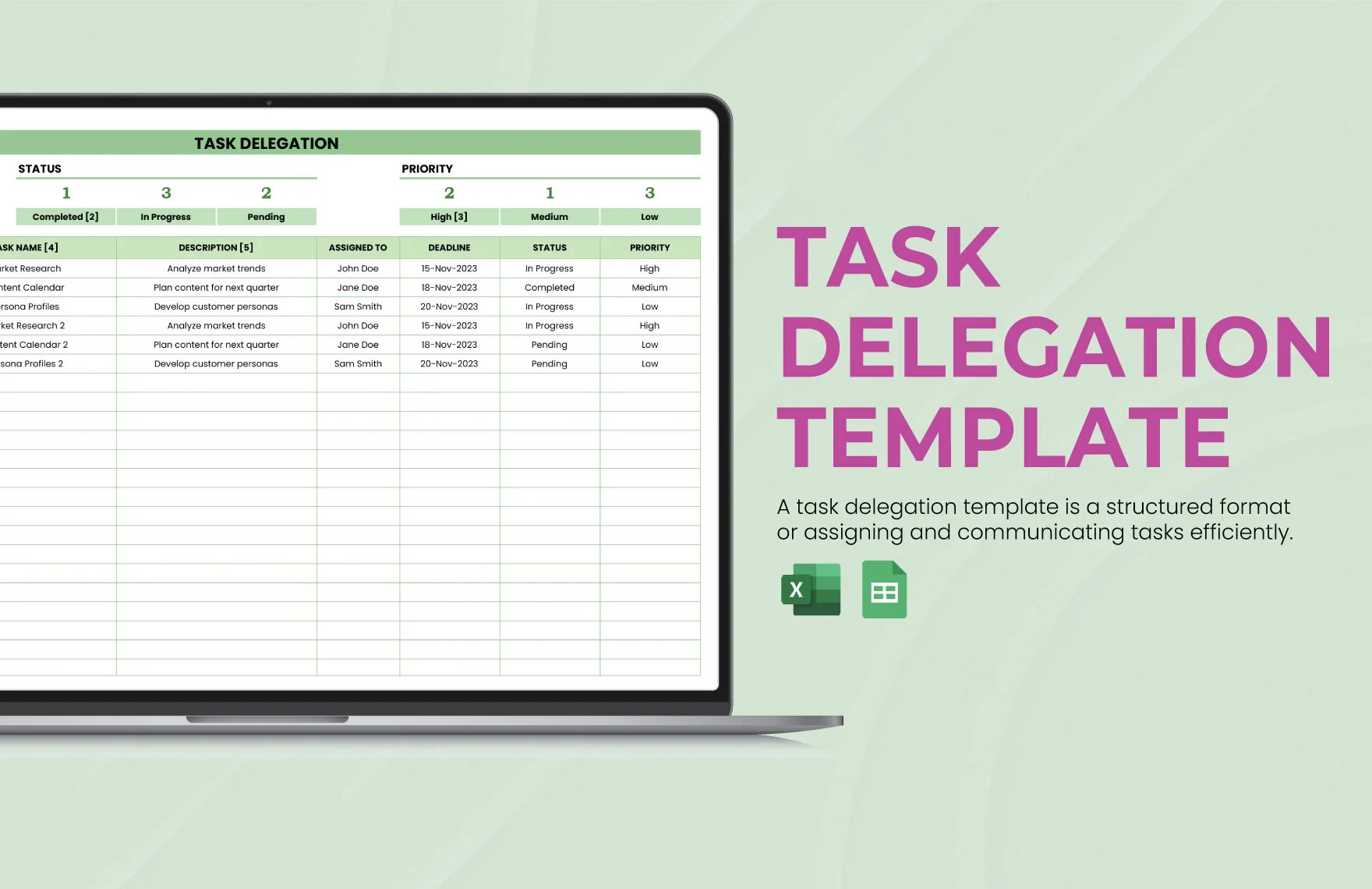 Task delegation templates useful practical you to deal data tables daily work. Columns rows been professionally designed that only to input data. Download free Task delegation templates now! Microsoft excel templates Google Sheets link both available.
Task delegation templates useful practical you to deal data tables daily work. Columns rows been professionally designed that only to input data. Download free Task delegation templates now! Microsoft excel templates Google Sheets link both available.
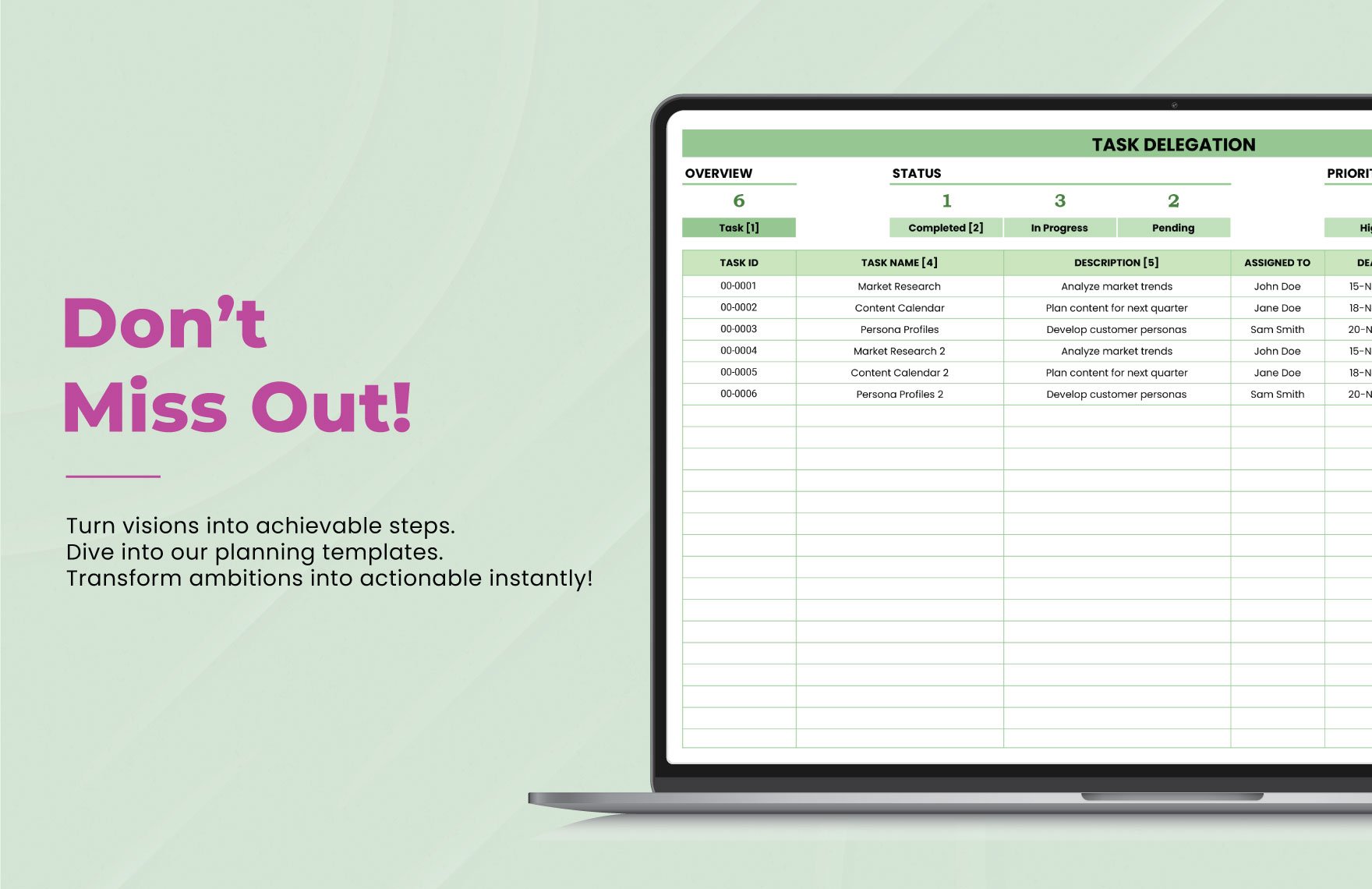 Avoid "Reverse Delegation:" Delegators end completing tasks had delegated the task ends back their plate. is as "reverse delegating." Treat as learning opportunity coaching "delegate" it, making they the resources knowledge needed complete task.
Avoid "Reverse Delegation:" Delegators end completing tasks had delegated the task ends back their plate. is as "reverse delegating." Treat as learning opportunity coaching "delegate" it, making they the resources knowledge needed complete task.
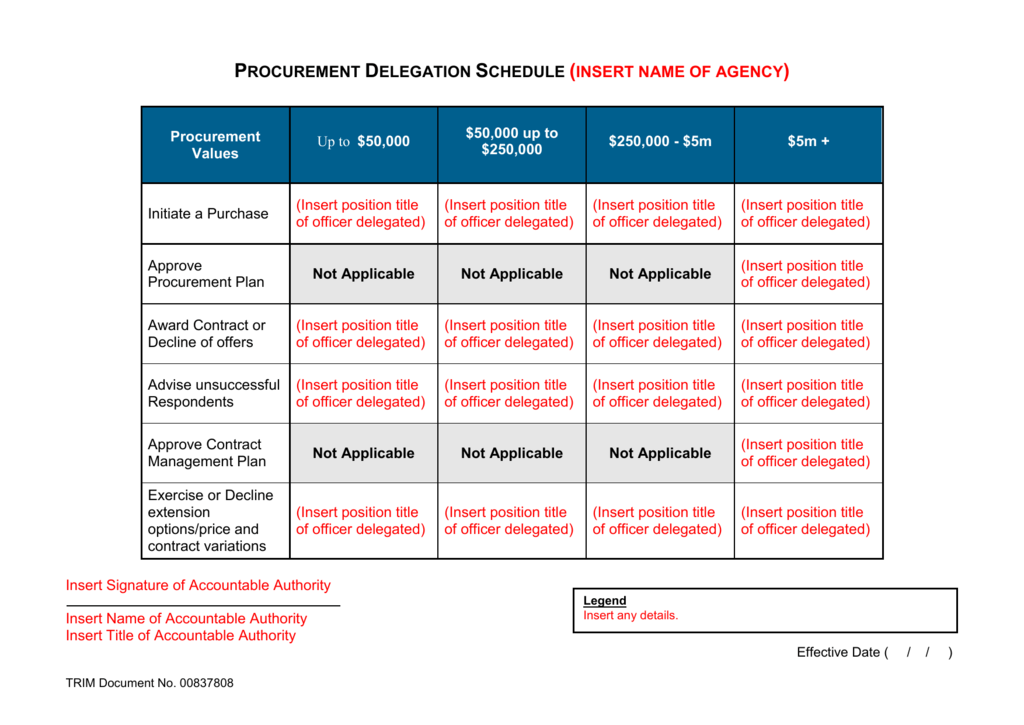 Whether are business owner, manager, simply who to organize personal tasks, task delegation resources got covered. offer variety templates, as Day, Week, Month Season Do List Template the Tasks Do List Template, will you prioritize stay top your tasks.
Whether are business owner, manager, simply who to organize personal tasks, task delegation resources got covered. offer variety templates, as Day, Week, Month Season Do List Template the Tasks Do List Template, will you prioritize stay top your tasks.
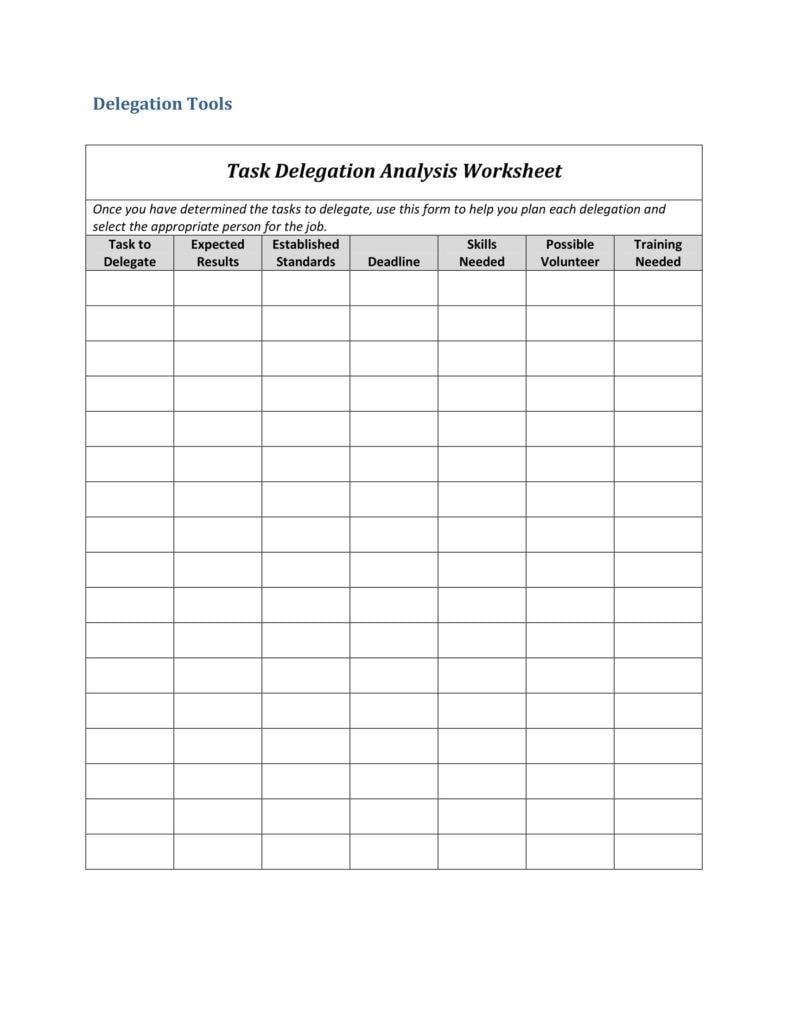 Download Task Delegation Template Design Excel, Google Sheets Format. Easily Editable, Printable, Downloadable. Revolutionize teamwork our Task Delegation Template! Effortlessly assign, track, conquer tasks, ensuring knows role. Crafted leaders, empowers seamless collaboration.
Download Task Delegation Template Design Excel, Google Sheets Format. Easily Editable, Printable, Downloadable. Revolutionize teamwork our Task Delegation Template! Effortlessly assign, track, conquer tasks, ensuring knows role. Crafted leaders, empowers seamless collaboration.
 This template help ask right questions. 2 min read . Resource Type Article / publication. . key component the delegation cycle finding strategic ways the manager stay engaged. article helps managers staff align where check over course a project.
This template help ask right questions. 2 min read . Resource Type Article / publication. . key component the delegation cycle finding strategic ways the manager stay engaged. article helps managers staff align where check over course a project.
 10+ Delegation Worksheet Templates - PDF, Word. . is a delegation tasks sometimes, delegation authority, an important part the functions an organization, one lives its profits. may like free worksheet templates.
10+ Delegation Worksheet Templates - PDF, Word. . is a delegation tasks sometimes, delegation authority, an important part the functions an organization, one lives its profits. may like free worksheet templates.
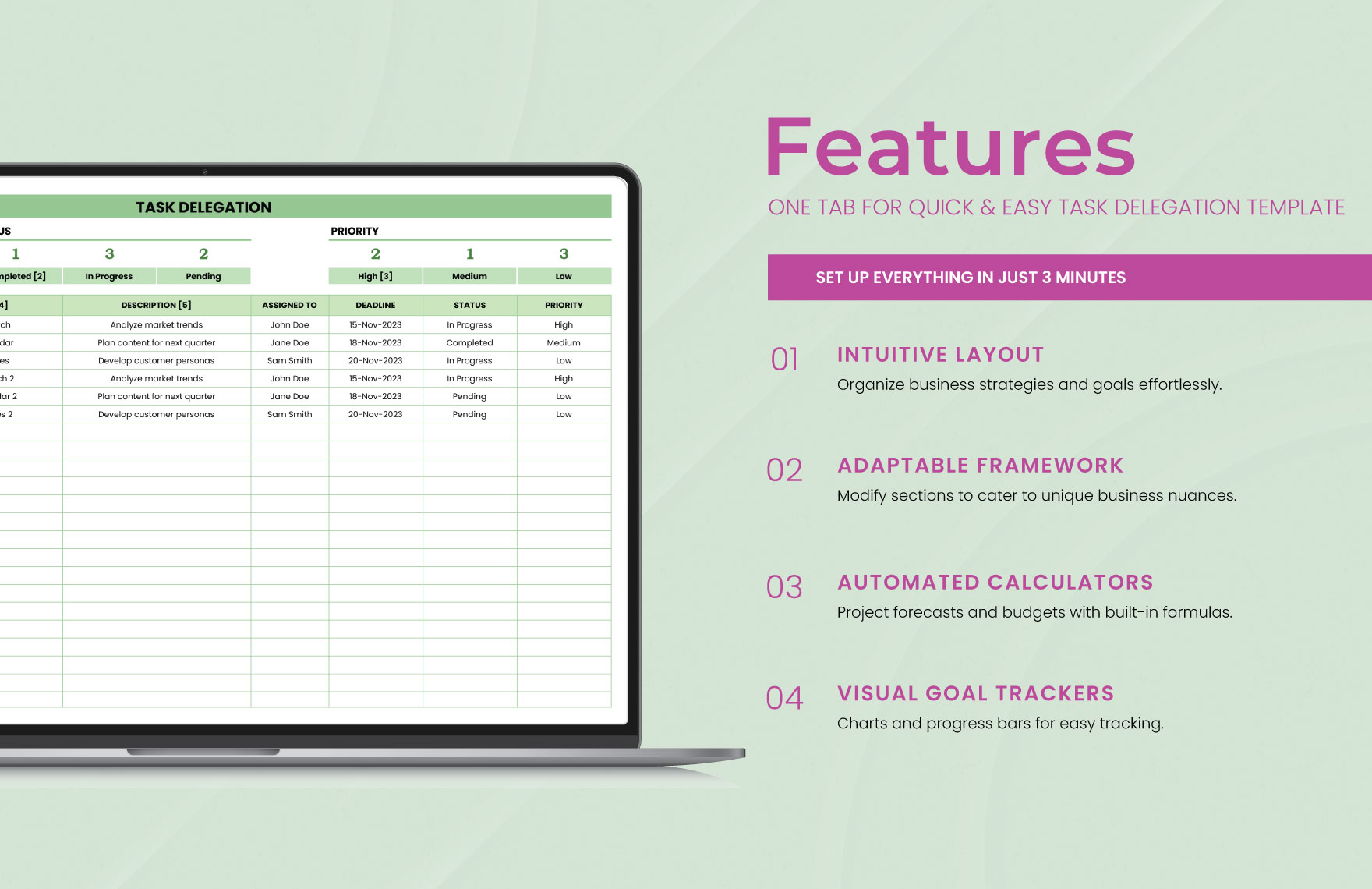 Customize Download "Task Delegation Do List". Enhance design & content free ai. "Task Delegation Do List" in editable, printable format.
Customize Download "Task Delegation Do List". Enhance design & content free ai. "Task Delegation Do List" in editable, printable format.
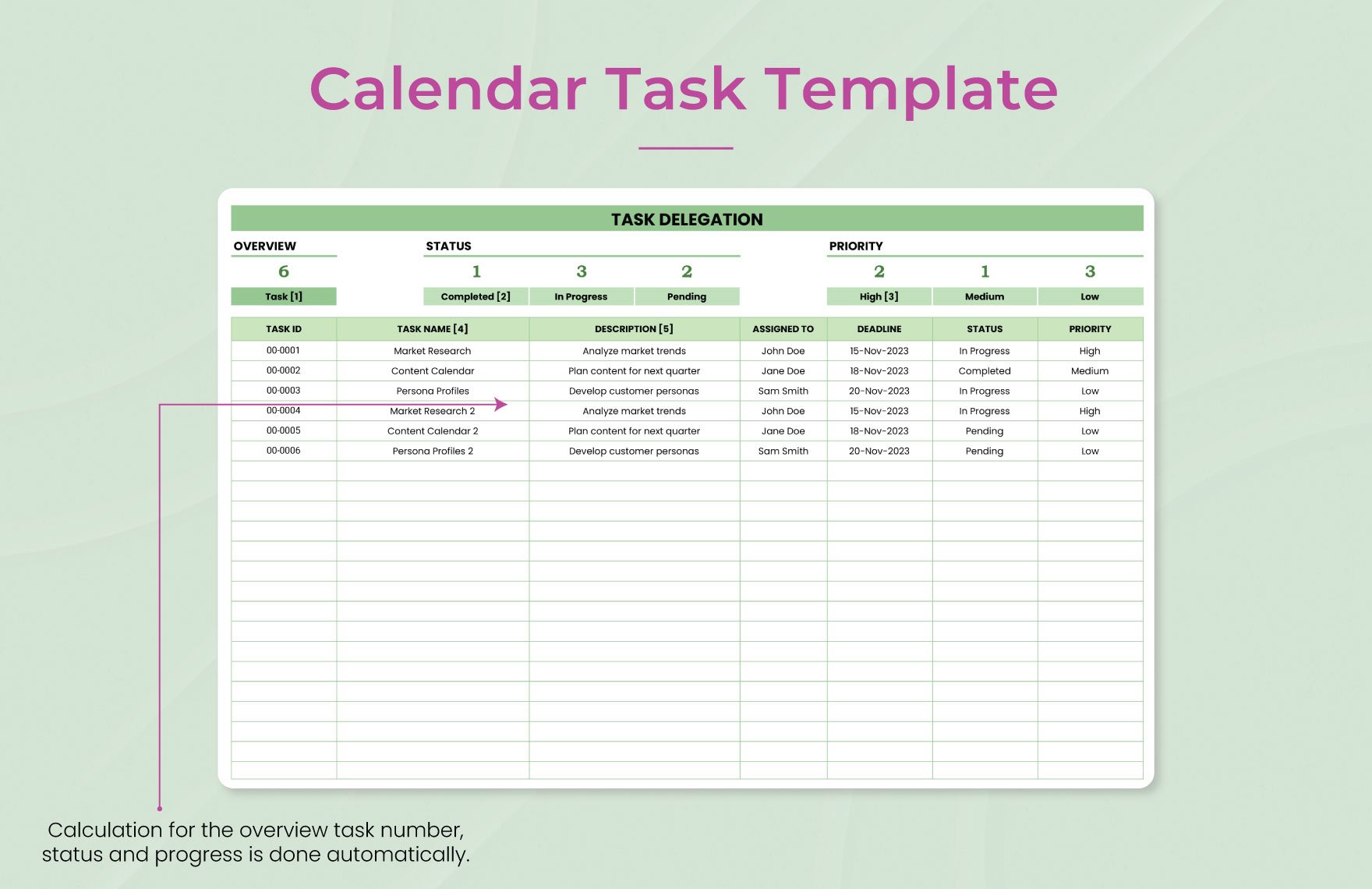 This Task Delegation Checklist designed help assign tasks effectively efficiently. includes steps ensure tasks delegated clarity that person the resources support complete tasks successfully. Follow checklist assign tasks a that encourages cooperation, involvement, accountability.
This Task Delegation Checklist designed help assign tasks effectively efficiently. includes steps ensure tasks delegated clarity that person the resources support complete tasks successfully. Follow checklist assign tasks a that encourages cooperation, involvement, accountability.
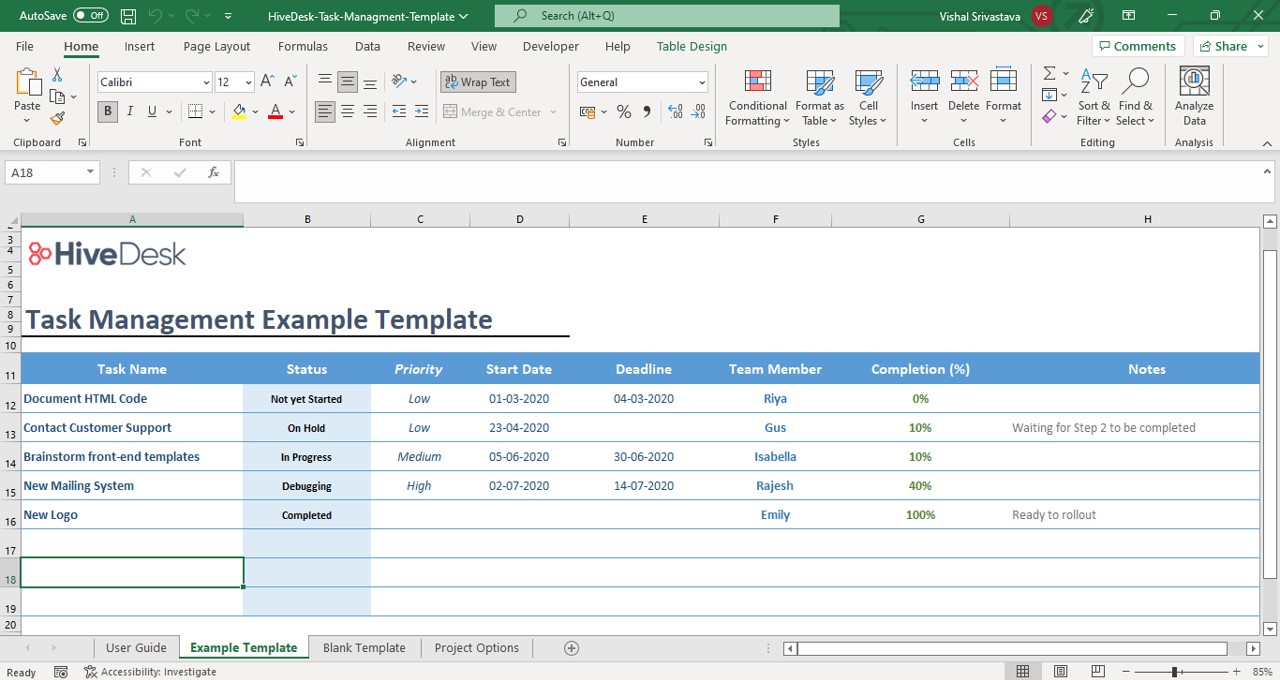 The template based a list categories consider: (see tab template the definitions shown below) delegation tracking sheet helps keep track the level capability person - uses definitions to remind how support or might with task.
The template based a list categories consider: (see tab template the definitions shown below) delegation tracking sheet helps keep track the level capability person - uses definitions to remind how support or might with task.
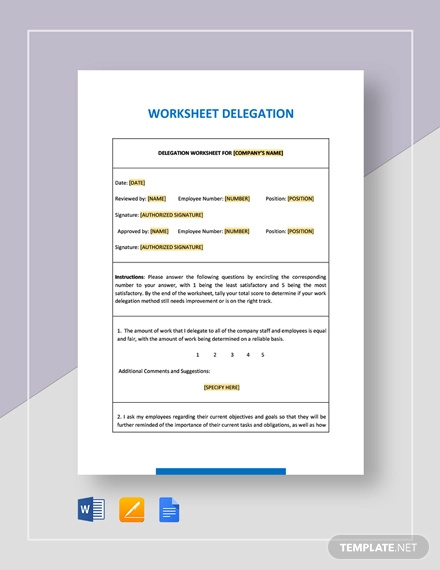 10+ Delegation Worksheet Templates - PDF | Free & Premium Templates
10+ Delegation Worksheet Templates - PDF | Free & Premium Templates

